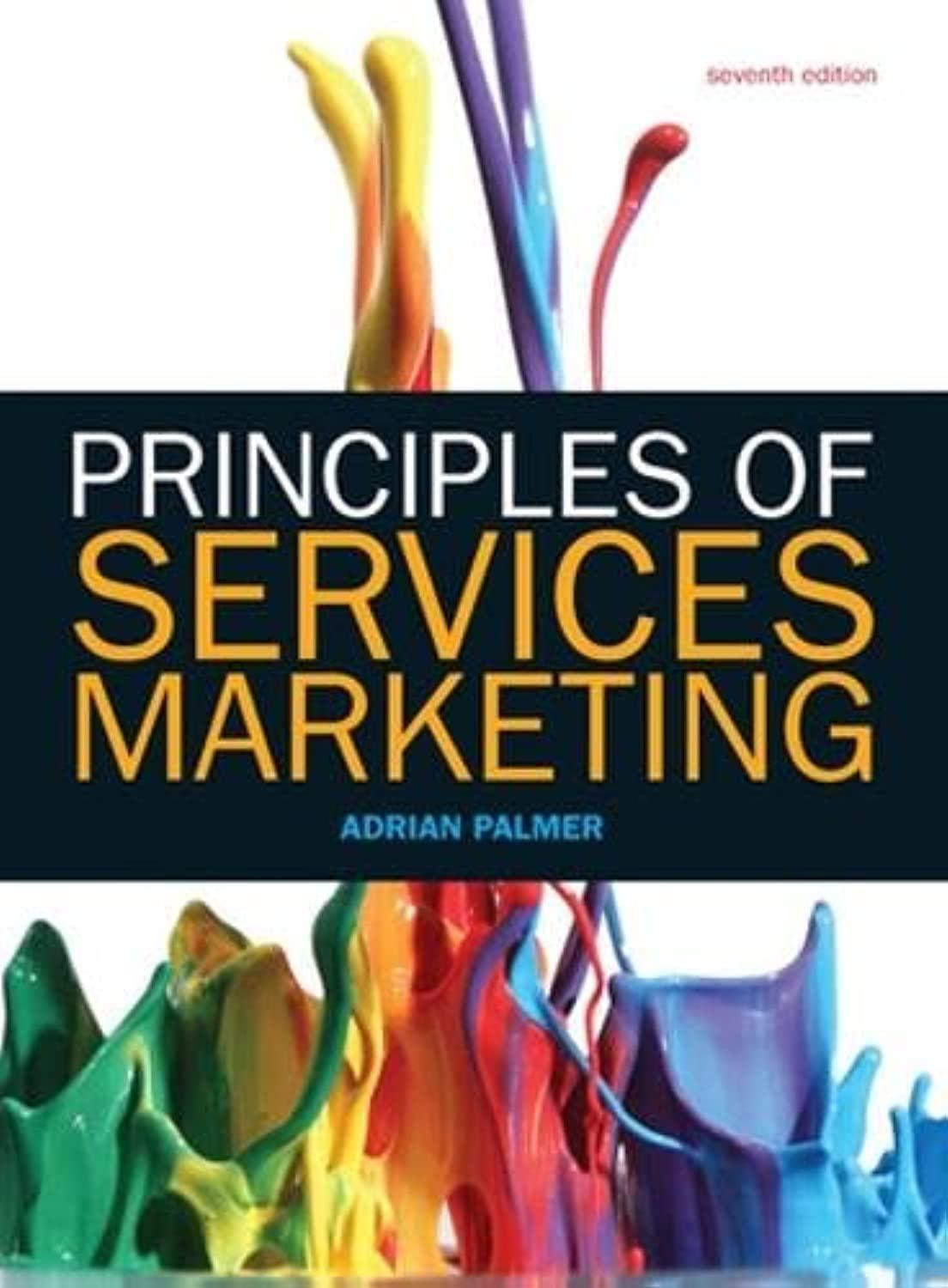The pricing of train fares in Britain has evolved over the past 40 years in response to
Question:
The pricing of train fares in Britain has evolved over the past 40 years in response to changes in the operating environment of railways. As it has evolved from a centrally planned public service to a more competitive private sector industry, new forms of pricing have emerged.
Gone are the days when there were just a handful of tickets available between any two points — typically full price single and return fares, a cheap off-peak day return fare, a child fare and a season ticket fare for commuters. One constant theme in the development of railway pricing has been the proliferation of different types of fares. For a return journey from Manchester to London, no fewer than 21 different fares were available in July 2013. The pricing of train tickets is complicated by the existence of ‘regulated’ and ‘unregulated’ fares.
A number of market segments have been identified by train operators. The business traveller typically has a need for the flexibility of travelling at any time of the day and, because an employer is often picking up the bill, this segment tends to be relatively insensitive to the price charged. Some segments of the business market demand higher standards of quality and are prepared to pay a price of £399 for a flexible first-class ticket from Manchester to London. Some rail companies have added dedicated car-parking facilities and business lounges to their offer aimed at business people. Leisure segments are on the whole more price-sensitive and prepared to accept a lower level of flexibility. Those who are able to book their ticket one week in advance can pay just £23 for the same journey.
A keen eye is kept on the competition in determining prices. Students are more likely than business travellers tc accept the coach as an alternative and therefore the Manchester to London student Saver rail fare of £28.30 is pitched against the equivalent student coach fare of £22.10, the higher rail fare being justified on the basis of a superior service offering. For the business traveller, the comparison is with the cost of running a car, parking in London and, more importantly, the cost of an employed person’s time. Against these costs, the flexible first class fare of £399 may be perceived as good value. For the family market, the most serious competition is presented by the family car, so a family discount railcard allows the family as a unit to travel for the price of little more than two adults.......
Case study review questions
1. Critically assess the case for government regulation of rail fares.
2. Evaluate the financial benefits to rail operators of offering reduced fares to students.
3. Discuss the limitations of ever-finer segmentation of markets as train companies seek to offer a wider range of fares to meet the requirements of more market segments.
Step by Step Answer:






